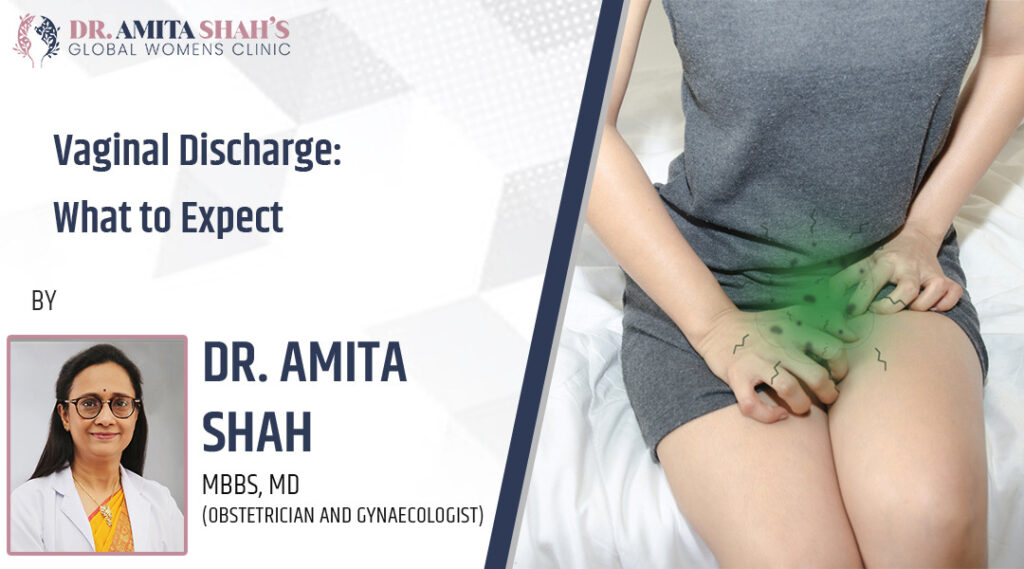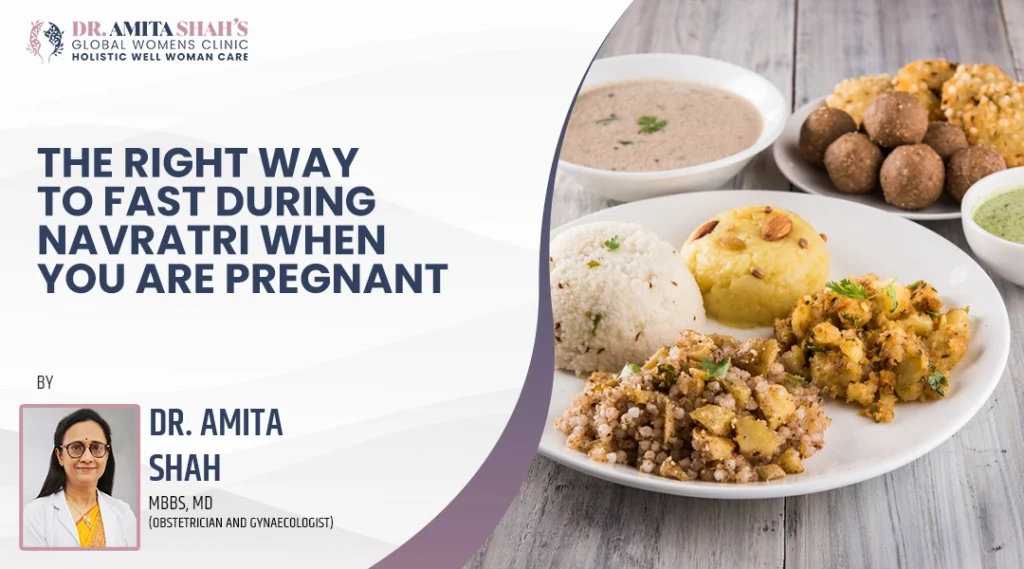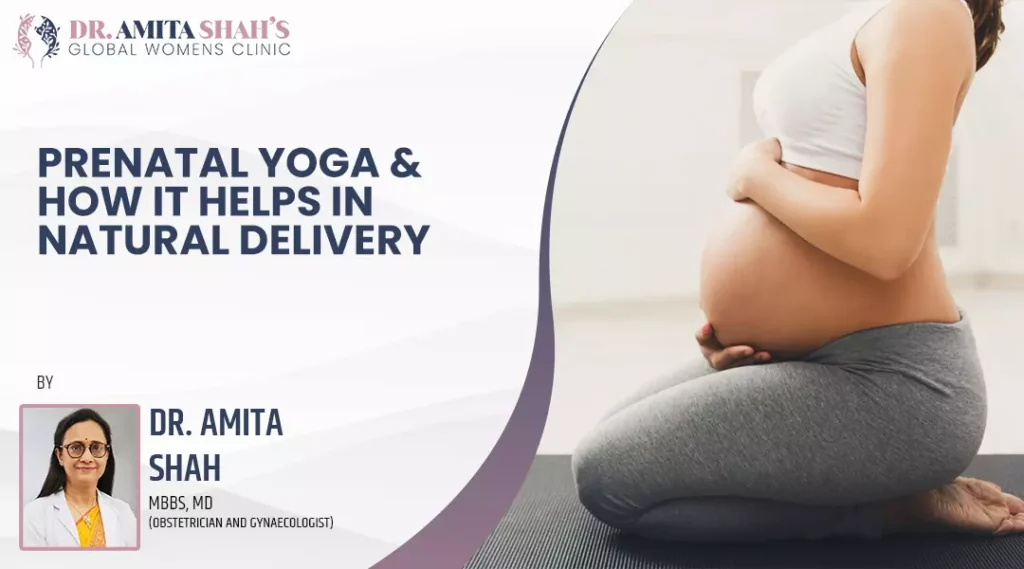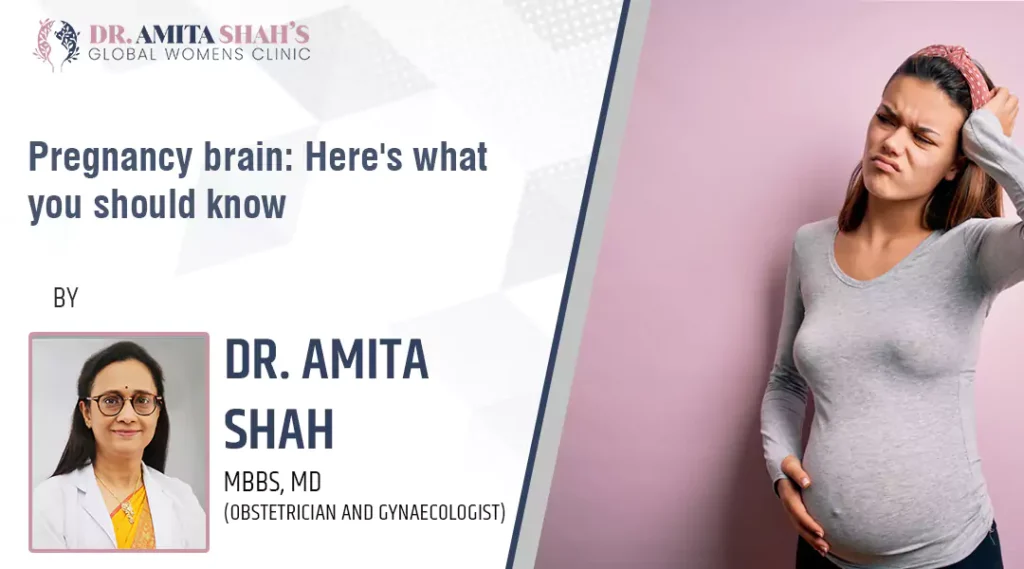Understanding Postpartum Bleeding and Lochia
It is typical to have postpartum bleeding after giving birth to your child. The bloody discharge you’re experiencing is known as lochia. Within a week of giving birth, it will become pinkish, then white or yellow after around 10 days. Lochia may persist anywhere from four to six weeks, although it should be less bloody after two weeks. It might appear and disappear for around two months.
Postpartum haemorrhage refers to heavy and uncontrollable bleeding after giving delivery. It is more probable in the case of a caesarean birth (C-section). Other variables may also increase the likelihood of postpartum bleeding. If this occurs, you must get medical attention as quickly as possible to stop the bleeding.
Dr Amita Shah is one of the leading gynaecologists in Gurgaon. She runs her clinic in Palam vihar by the name of Global Women’s Clinic. One can contact her for all Pregnancy and postpartum care-related issues.
Types of Postpartum Bleeding
There are three phases of common postpartum bleeding, all of which are natural and anticipated after delivery. These phases are as follows:
- Lochia rubra: The initial stage of postpartum bleeding is Lochia rubra. It lasts approximately a week after birth and is the most severe, with bright crimson bleeding and blood clots to be anticipated.
- Lochia serosa: The second stage of postpartum bleeding may continue anywhere from two to six weeks. Blood flow slows and thins, frequently becoming a pink or brown tint instead of a brilliant red.
- Lochia alba: During this stage of postpartum bleeding, blood is replaced by a white or yellowish discharge.
You will begin the third stage of labour once your baby is born. This occurs when the placenta separates from the uterine wall and is ejected via the vagina. However, the placenta isn’t the only tissue that is no longer required once your kid is born. In the weeks after birth, your body will progressively eliminate blood cells, extra fluid, and tissue.
Bleeding is also caused by the repair of the uterine wall in the location where the placenta is separated. The bleeding slows as the tissue recovers. Excessive bleeding might indicate a problem with the healing process.
Factors Contributing to Postpartum Hemorrhage
When a baby is born, the uterus generally contracts and pushes the placenta out. These contractions put pressure on the blood arteries in the region where the placenta is connected after the placenta is delivered. These blood veins bleed easily if the uterus does not contract firmly enough. The most prevalent cause of postpartum bleeding is this. Bleeding is also possible if small portions of the placenta remain connected.
Postpartum haemorrhage may also be caused by the following factors:
(a). Tear in the cervix or vaginal tissues
(b). A tear in a uterine blood artery
(c). Bleeding into a pelvic cavity or buried tissue region. A hematoma is a collection of blood. It commonly occurs in the vulva or vagina.
(d). Blood clotting issues
(e). Placenta issues
Who is prone to postpartum haemorrhage?
Some women are more vulnerable to postpartum haemorrhage than others. The following conditions may raise the risk:
(a). Abruption of the placenta. This is the first stage of placental separation from the uterus.
(b). Placenta previa. This occurs when the placenta covers or is close to the cervix opening.
(c). Overdistended uterus. This occurs when the uterus is bigger than usual due to an excess of amniotic fluid or a large foetus.
(d). Multiple-baby pregnancy
(e). Pregnancy high blood pressure problems
(f). Prolonged labour
(g). Infection
(h). Obesity
(i). Forceps or vacuum-assisted delivery may be used.
Signs and Symptoms of Postpartum Hemorrhage
The following are the most prevalent signs of postpartum haemorrhage:
(a). Uncontrolled bleeding
(b). Reduced blood pressure
(c). Heart rate has increased.
(d). Red blood cell count decreases
(e). Swelling and discomfort in the vagina and surrounding region if bleeding is caused by a hematoma
Postpartum haemorrhage symptoms might mimic those of other medical disorders. For a diagnosis, always consult your healthcare practitioner.
Diagnosis and Tests
Your healthcare professional will go over your medical history and do a physical checkup. Lab tests are often used to aid in the diagnosis. Other possible tests include:
(a). Estimate the amount of blood you’ve lost
(b). Pulse and blood pressure readings
(c). The number of red blood cells
(d). The presence of clotting factors in the blood
Treatment Options for Postpartum Hemorrhage Prevention
The goal of postpartum haemorrhage therapy is to identify and stop the source of the bleeding as quickly as feasible. Treatment options may include:
(a). To promote uterine contractions, use medicine or uterine massage.
(b). Removing placental fragments that have remained in the uterus
(c). Examine the uterus and other pelvic tissues, as well as the vagina and the vulva, for regions that may need repair.
(d). To provide pressure to the bleeding within the uterus, a Bakri balloon or a Foley catheter may be used. Your doctor may fill the uterus with sponges and other sterile materials. If a Bakri balloon or Foley catheter is not accessible, this may be done.
(e). Laparotomy. This is surgery to open the abdomen and determine the source of the bleeding. Tying off or closing swollen blood vessels This is accomplished with the use of uterine compression sutures, specific gel, adhesive, or coils. The procedure is carried out during a laparotomy.
(f). Hysterectomy. This is uterine removal surgery. Most of the time, this is the last option. Replacing lost blood and fluids is critical in the treatment of postpartum haemorrhage. To avoid shock, you may be given IV (intravenous) fluids, blood, and blood products as soon as possible. Oxygen may also be beneficial.
(g). Postpartum haemorrhage may be fatal. However, if your provider swiftly identifies and addresses the source of the bleeding, you may be able to recover completely.





































